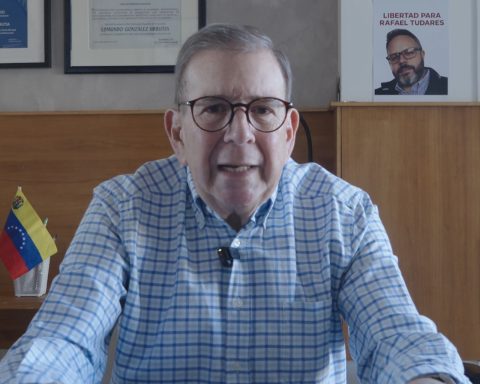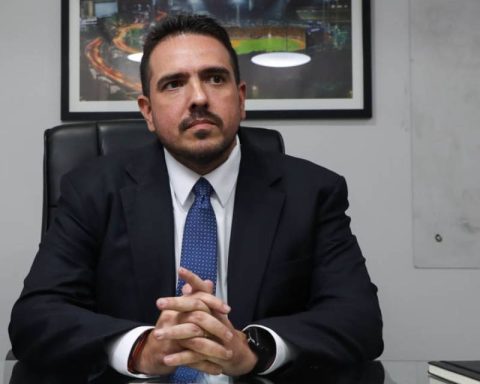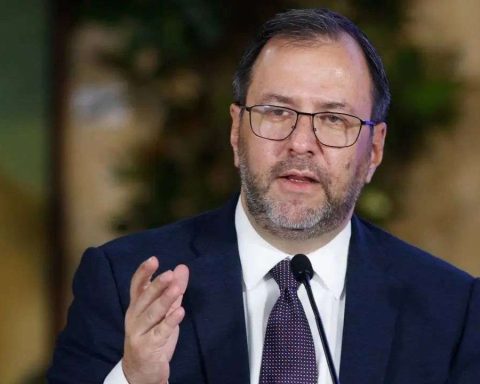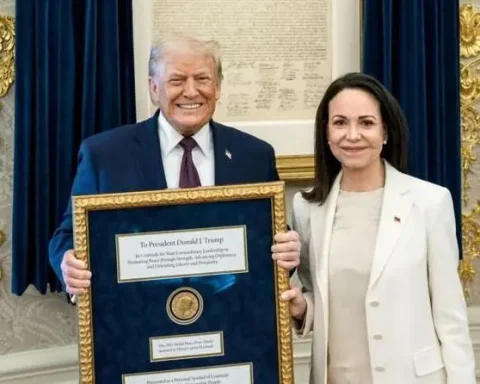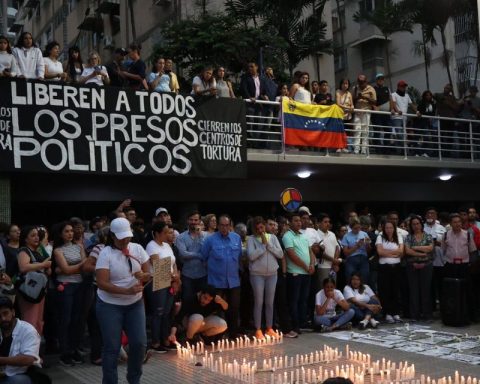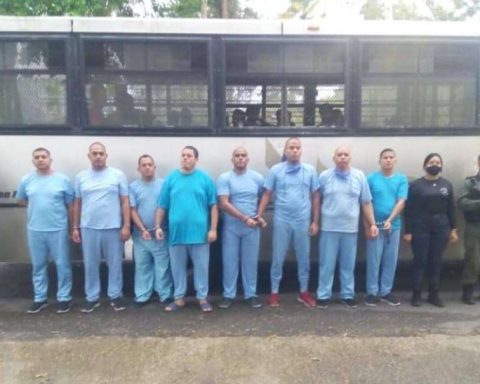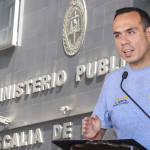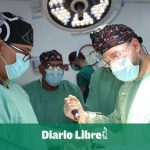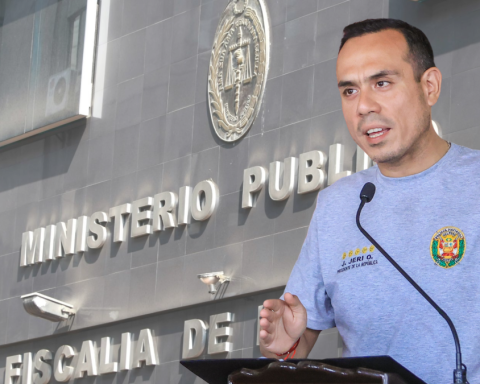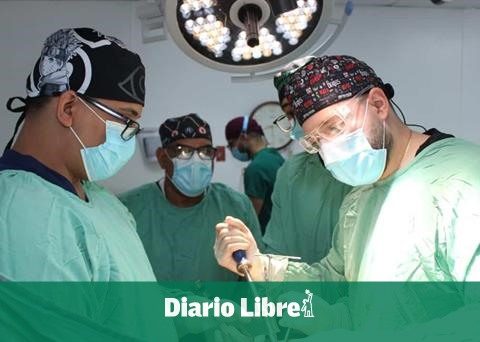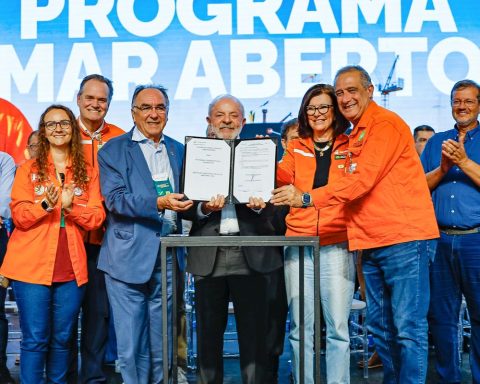
Our Magna Carta states in its Preamble: “The people of Venezuela… with the supreme goal of refounding the Republic to establish a democratic society… in a State of justice, federal and decentralized… in the exercise of its original power… decrees the following Constitution” . And among the Fundamental Principles, which immediately follow, we find the following: “Article 4. The Republic of Venezuela is a decentralized federal state” and “Article 6. The government of the Bolivarian Republic of Venezuela and the political entities that comprise it it is and will always be… decentralized.”
The traditional official motto “God and Federation” was very significant of the quasi-dogmatic character that federalism acquired since the beginning of the second half of the 19th century. But the federalist flag remained practically a pure formality, because decentralization did not really materialize in political reality. Several February 20 during my episcopal service in Coro I witnessed the celebrations of the federal libertarian cry launched there in 1859 by Tirso Salaverría. The federation would have cost a lot of blood, but it did not come to vitalize the body of the nation.
The necessary reform of the State undertaken at the end of the last century fell by the wayside and was overshadowed by the monopolizing socialism of the 21st century of a totalitarian type, which has brought the concentration of power to a climax. Miraflores writes sentences of the Supreme Court of Justice, directs the National Assembly, cooks the data of the National Electoral Council, controls the parties, masters the universities, strains the municipal budgets, expatriates at will, sets wages and salaries, imprisons and releases political prisoners. , details prices of the basic basket, handles the hegemonized media… What does it not solve?
The decline of the dream, attempt and motto of federation-decentralization, is the reason why now, when dealing with the issue of refounding the country – called by the National Episcopate last year – one of the items on the agenda for the reconstruction of Venezuela is precisely that of an effective decentralization, which needs to be expressed, among other things, in taxes and budgets and in an audacious municipalization, which truly empowers the communities (which is in no way identified with a false ” communal power”, which manages the intermediate bodies as simple transmitting rings of a chain of central domination).
This decentralization and the federalist claim are applications or consequences of a fundamental principle of the Social Doctrine of the Church: subsidiarity. This has intimate connection with another principle that is that of participation, which together with solidarity constitute a fundamental triad for a new society.
The sovereign should not be exhibited only in constituent events. He has to act on a daily basis through his participation from smaller communities where the people directly know their specific needs and can act on correct and feasible solutions. Why should Caracas be expected to repair an air conditioner in a provincial outpatient clinic? Why do interior taxes have to be gobbled up by the central administration? Why are the municipalities few and far from the problems of the communities (the case of Libertador is paradigmatic). “People to power” should be translated “power to the municipality”.
The Plenary Council of Venezuela in its document 3 on new society states: “The Church postulates the exercise of subsidiarity in social life and in the political community. This principle requires that individuals, families, and small or minor communities preserve their capacity for action, ordering it for the common good, and that the State and its various branches carry out only what they are not capable of executing. CIGNS 106).
When talking about the need to refound the country through a constituent intervention of the sovereign, certainly the subsidiarity-decentralization and, specifically, municipalization, must be an outstanding point. It involves something basic to a genuine democracy.

